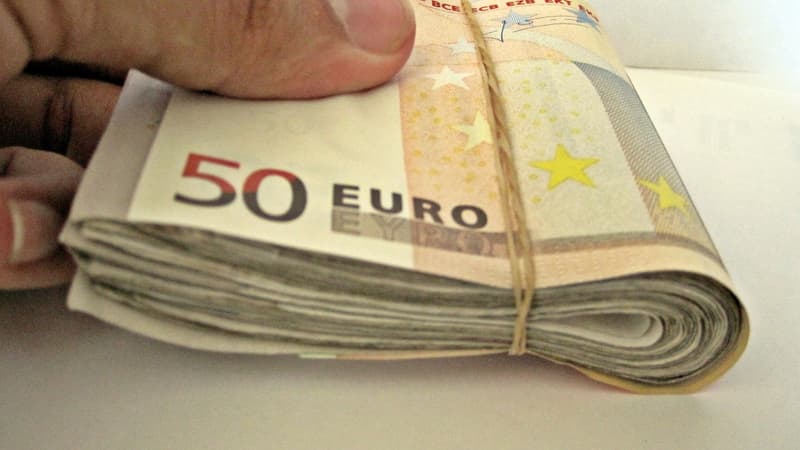“Insufficient” efforts on the part of the government. A parliamentary report on Monday recommends strengthening the fight against tax evasion in France by also granting it more resources. The main measures mentioned are increasing global corporate taxes and taxing billionaires more.
Despite the anti-fraud plan presented in spring by the executive, “the results of the tax audit remain mediocre, the personnel and resources assigned to this mission remain insufficient,” addresses this report written by special rapporteur Charlotte Leduc (LFI). .
The deputy speaks of “insignificant measures” against fraud, which estimates between 80 and 120 billion euros: the fight against it must be a “national priority,” she insists. There is no official estimate of the amount of tax fraud in France. To remedy this, the government created a Fraud Evaluation Council in October in charge of quantifying these phenomena.
A 25% corporate income tax
The report, which highlights the international dimension of the fight against tax fraud, calls on France to “be at the forefront” in matters of tax diplomacy, “a matter of political will.” It calls for increasing the minimum tax on corporate profits to 25%, up from the current 15%, which is gradually being extended around the world following the conclusion of an international agreement under the auspices of the OECD at the end of 2021.
Regarding the assets of billionaires, he asks that a parliamentary resolution be voted so that “France defends the creation of a European tax” of 2%. The document recommends more firmness towards tax havens and a tightening of measures around “transfer pricing”, these cross-border transactions between subsidiaries of multinationals aimed at reducing profits and, therefore, taxes. It also proposes the establishment of unitary taxation for multinationals.
Recommendations not taken into account
In France, the report fears an “alarming reduction in staff” in the General Directorate of Public Finances (DGFiP), which the 1,500 additional positions promised by the government until 2027 will not be able to compensate. Customs must also be “strengthened.”
The development of new technologies such as data mining (massive data processing) “should not be detrimental to the reinforcement of human competence,” he insists, also considering it necessary to create a common database for the different anti-fraud services.
This is the second annual report on tax evasion prepared by Charlotte Leduc, responsible for a “cross-cutting mission” on the subject. None of the recommendations from the previous version have been implemented, she notes.
Source: BFM TV


